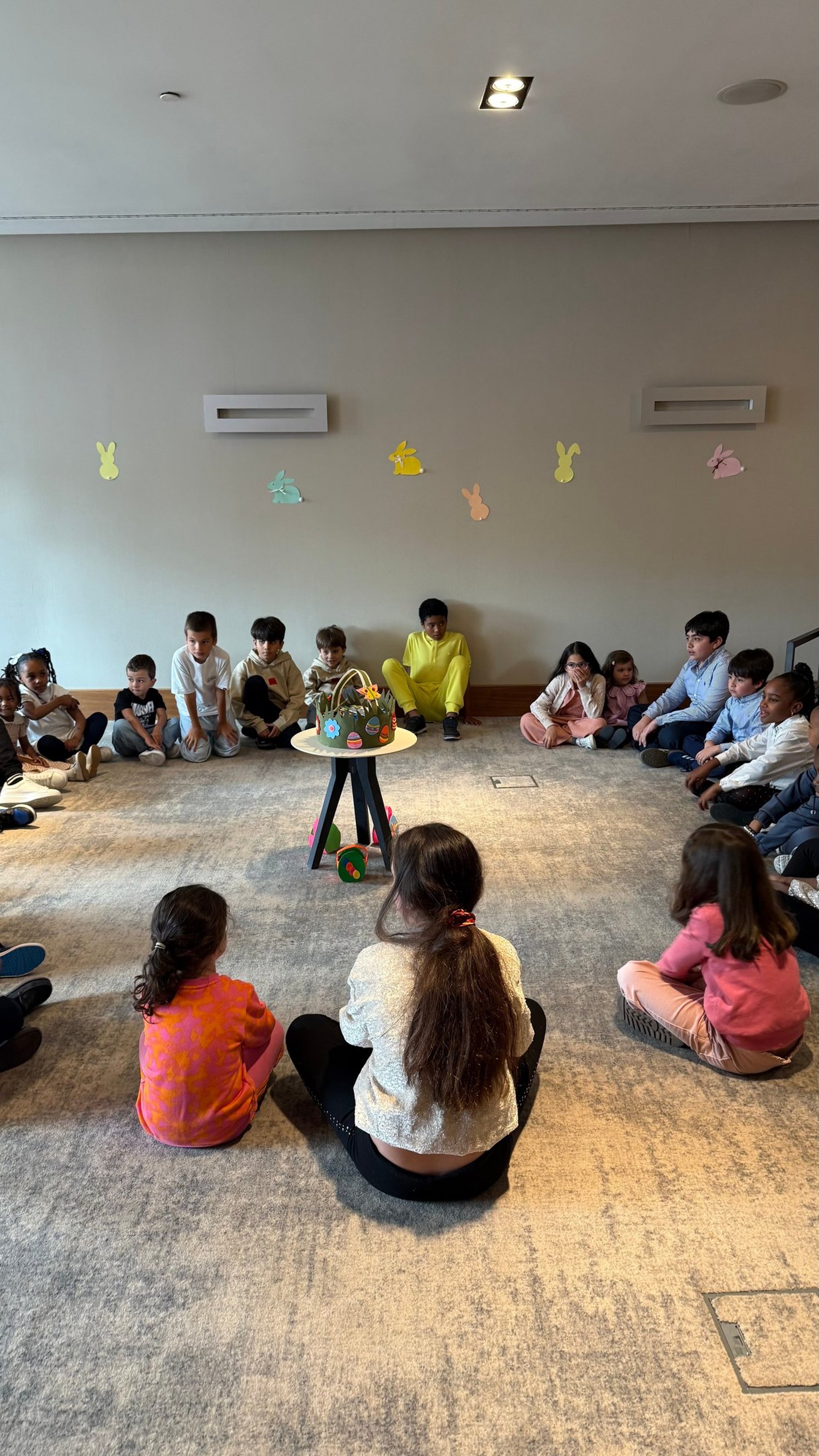Finding your Tribe
Why kids with autism more than all, need to find their tribe.
Caroline King & Emmanuel Benson
10/6/20253 min ler

Emotional Regulation comes with Co-Regulation for Neurodivergents
You know your kid is different. He or she also has a lot of potential. However, the current social system has limited circles supporting them, their emotional needs, and preparing them to grow into joyful and well-rounded adults. For neurodivergent children, emotional regulation is not just a life skill; it is a survival skill. And that is why it is extremely important to give them the tools to manage their feelings.
Why emotional regulation matters for kids today
As parents, many of us know how to manage our own emotions. We go to the gym, meet friends, or find social clubs where we socialise, unwind, and de-stress. But for kids, especially neurodivergent ones, such social clubs seldom exist. Instead, most of their downtime is spent on devices, scrolling endlessly or playing games. Those aren’t bad. But they do not teach these kids how to regulate emotions; it simply distracts them from said emotions.
Emotional regulation entails teaching children how to understand their feelings, process them, and respond in healthier ways. Without these tools, kids often either resort to bottling up their emotions or lashing out. This is especially true for neurodivergent children, who can be more sensitive to stimuli, more empathetic to others’ struggles, and more easily overwhelmed. According to Child Mind Institute, teaching emotional regulation early can reduce anxiety, improve relationships, and even help kids perform better academically.
Finding their tribe through community
One decisive step is to help children find a safe community where they can connect with peers who understand them. Neurodivergent kids often feel isolated, as if they don’t quite fit into the standard school or sports structures. But when they find their “tribe” (others who think and feel like them), they discover a sense of belonging.
This is where social clubs play an essential role. Instead of pushing kids to “just cope” or “adapt” to the world, we should be creating spaces where they can share, explore, and express their emotions openly. Community-based programmes like those offered at 6Sentidos Centre are great examples of what this can look like. Such spaces allow children to interact in safe, structured environments while learning (through social play) how to understand both their own feelings and those of others.
Beyond football and ballet
Too often, extracurricular activities among kids are limited to sports, music, or dance, activities that emphasise performance and competition. While these are wonderful in their own right, they don’t necessarily create opportunities for kids to sit down, talk, and connect on a deeper level.
We need to revive clubs that focus on curiosity, conversation, and cooperation. Chess clubs, debate groups, press clubs, and book clubs are excellent options for students. These settings aren’t just about winning a trophy or showing off talent. They are about interaction, exchange of ideas, and building relationships, while building tolerance for "the different".
For neurodivergent children, this is even more crucial. Many of them experience emotions intensely and can be triggered not only by their own challenges but by the struggles of those around them. Without a healthy outlet, those emotions can build up until they explode in meltdowns or withdrawal. By engaging in clubs and group discussions, children have a safe place to release these feelings, learn from others, and develop strategies for navigating their emotions.
Building tools for a better future
When we give children the tools to regulate emotions (examples include mindfulness techniques, breathing exercises, journaling, or even just the language to describe what they are feeling), we set them up for a healthier, more resilient future. And when those tools are reinforced in social spaces, the benefits multiply.
The truth is, this isn’t just about neurodivergent kids. All children need emotional regulation skills. All children benefit from safe spaces where they can learn to understand themselves and others. But for kids who already face unique challenges, it’s essential.
Parents can take small steps, such as enrolling children in programmes that foster interaction or even starting a small social group in their own communities. And if you are in Lisbon, bring them around our centre because we have the absolute best and most conducive environment for that.
Apoio
Capacitando crianças autistas para um futuro melhor.
Aprenda
crescer
info@6SentidosHub.com
+351-916527511
© 2025. All rights reserved.
